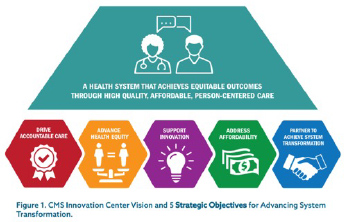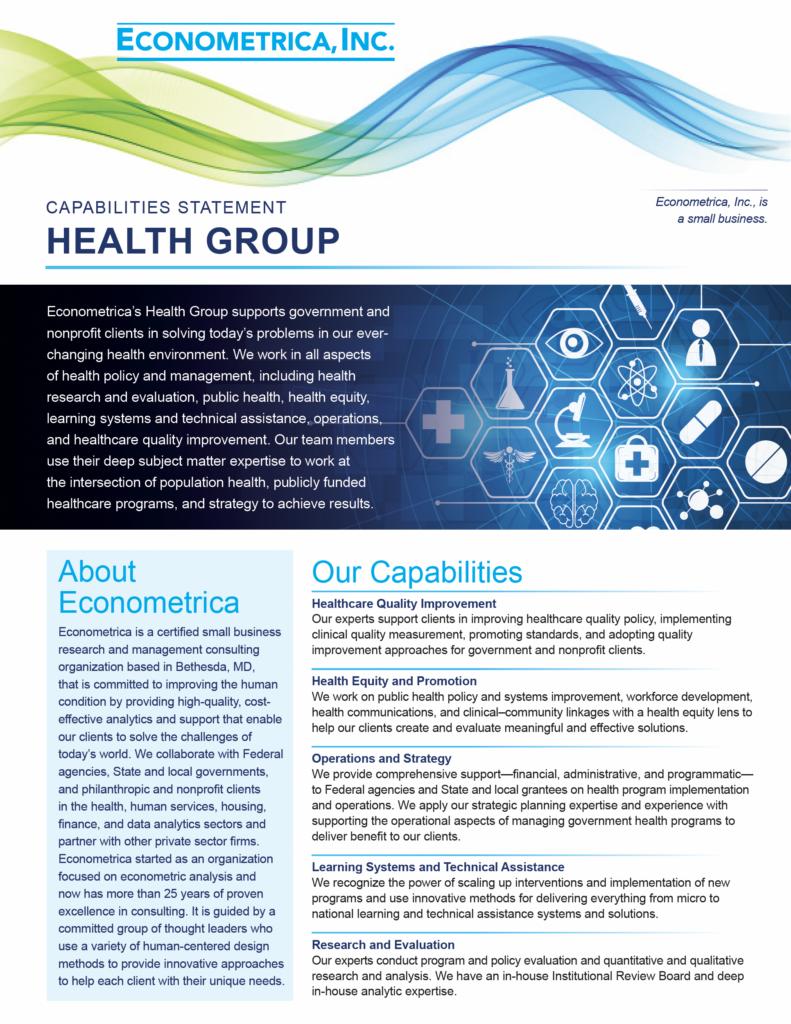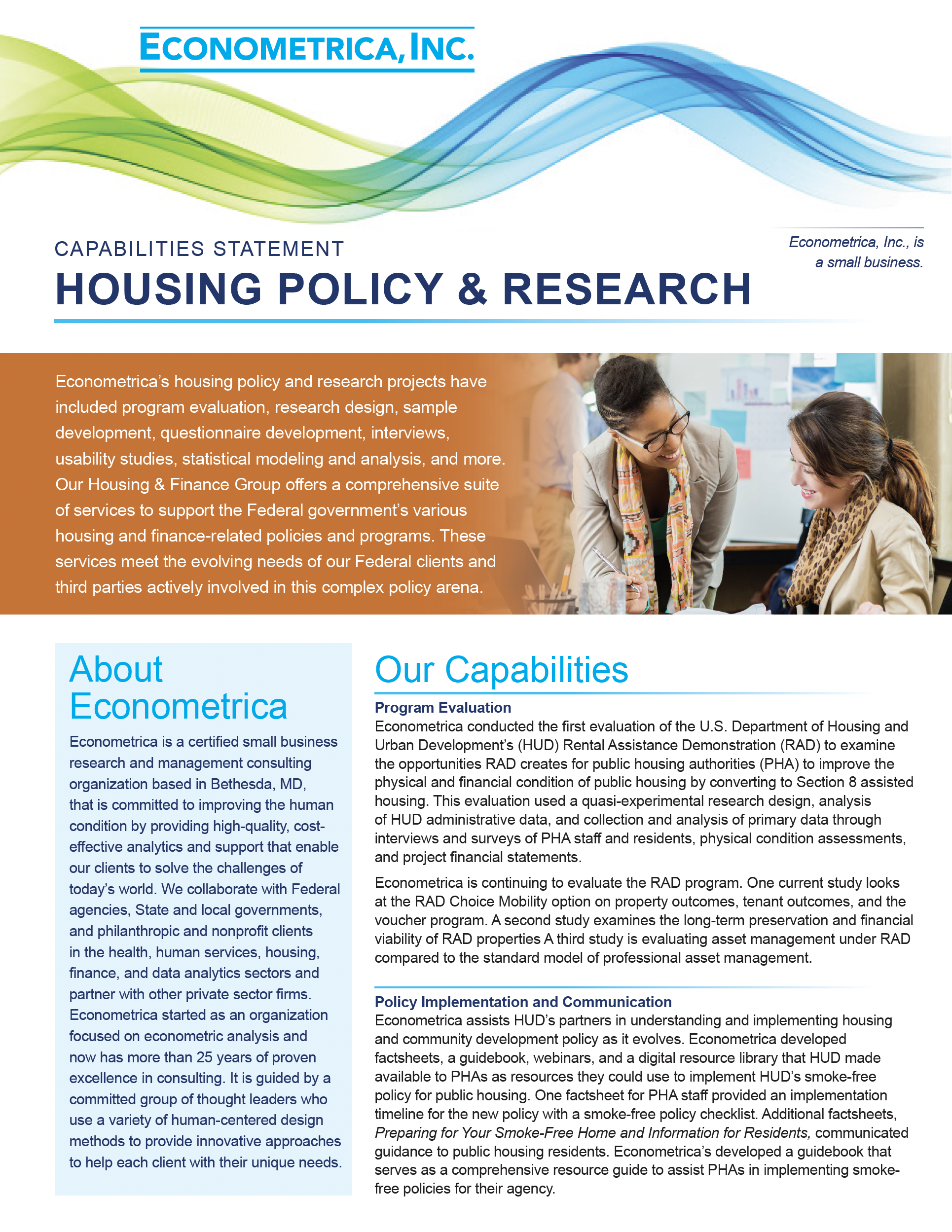New Census Report Explores Wellbeing of Older Adults Who Are Childless
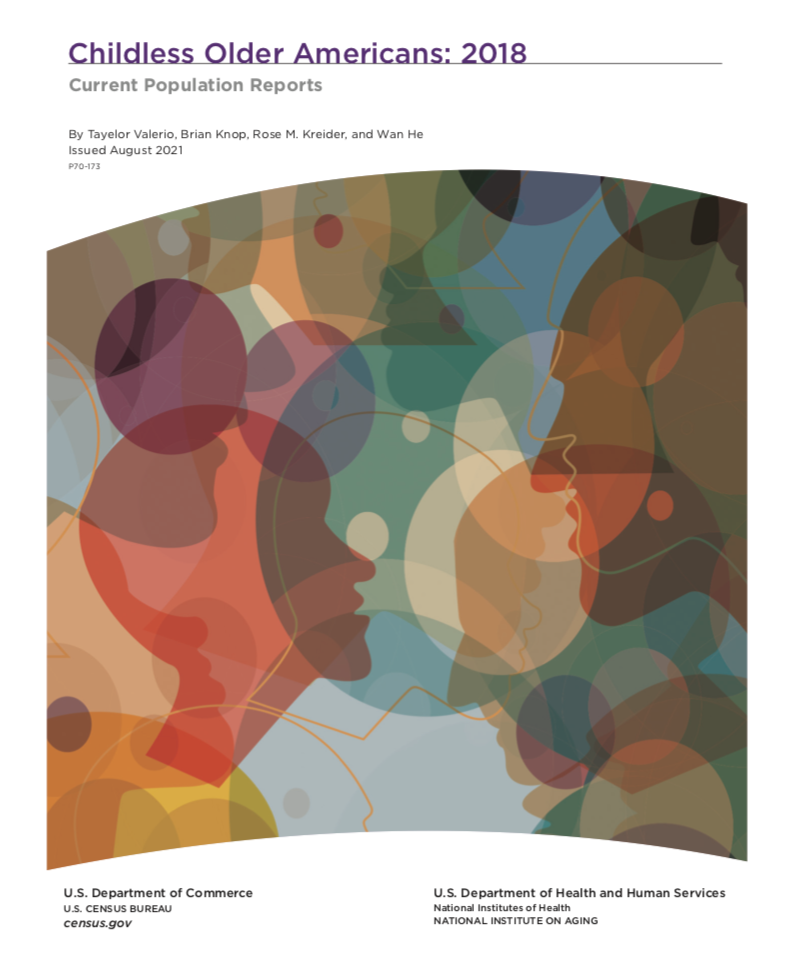 A new report from the U.S. Census Bureau provides a snapshot of the wellbeing of older adults who are childless.
A new report from the U.S. Census Bureau provides a snapshot of the wellbeing of older adults who are childless.
The report shows how declines in marriage and fertility and increased cohabitation in the general population are starting to be reflected in the lives of aging adults.
The report, Childless Older Americans: 2018, found that 15.2 million (16.5 percent) of 92.2 million adults aged 55 and older are childless. Moreover, the new data found that those aged 55 to 64 were more likely to be childless.
The report explores childless adults’ personal net worth, educational attainment, and relationship and household information.
More information on the report can be found here.
Work With Us, Work for Us
Econometrica specializes in research and management across numerous industries in both the public and private sectors. We are always looking to hire the best and brightest in data science, health, grants management, energy, homeland security, housing and community development, capital markets and finance, and transportation. We work as the lead service provider, and also as a capable outsource partner to other consultancies. To work with us on your next project, visit us online and email a member of our executive staff in your preferred specialty. To explore the benefits of working for us, visit our careers page.

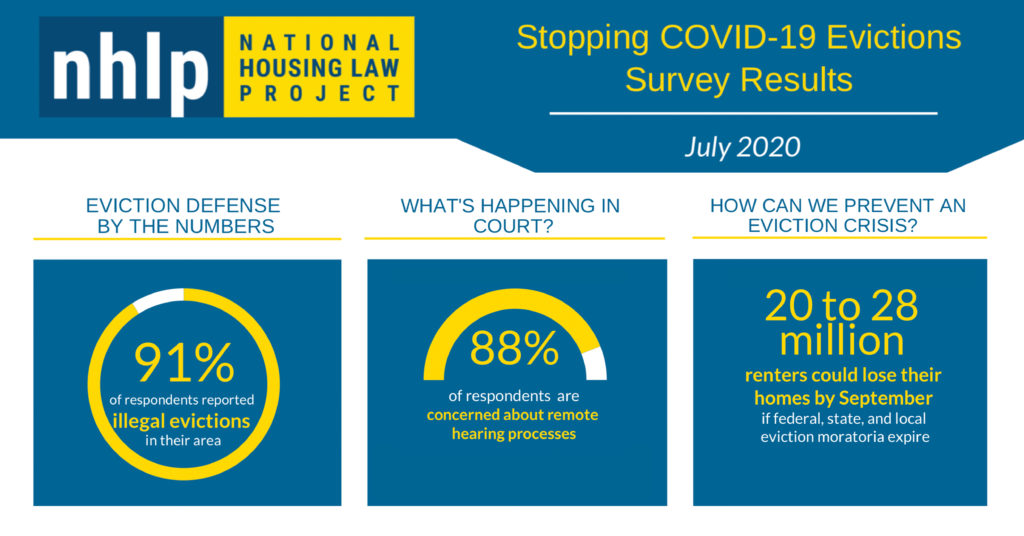 Rising eviction cases, more illegal evictions and lockouts, and judges ignoring or inconsistently applying federal and state law are some of the problems a new survey identifies since the end of the federal eviction moratorium.
Rising eviction cases, more illegal evictions and lockouts, and judges ignoring or inconsistently applying federal and state law are some of the problems a new survey identifies since the end of the federal eviction moratorium. A recent study coauthored by Econometrica’s Health Director, Dr. Kristie McNealy, found that there is widespread support among researchers for efforts that attempt to reduce health disparities by using a multilevel approach to address the social conditions that help drive those disparities.
A recent study coauthored by Econometrica’s Health Director, Dr. Kristie McNealy, found that there is widespread support among researchers for efforts that attempt to reduce health disparities by using a multilevel approach to address the social conditions that help drive those disparities.